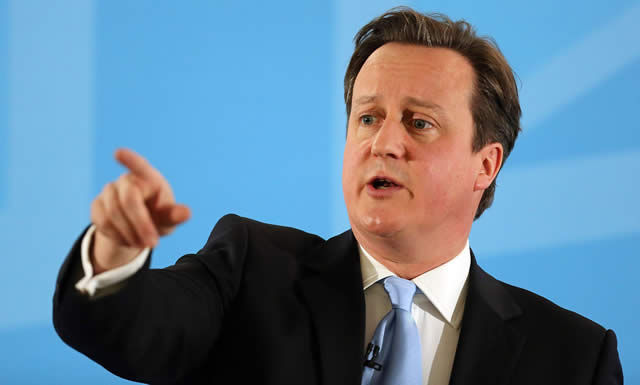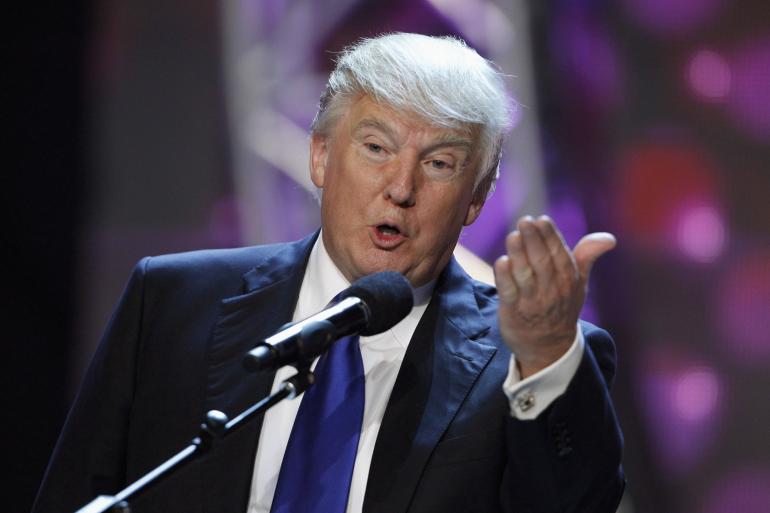Cameron rejects call for slavery reparations

London — Prime Minister David Cameron on Wednesday rejected calls for Britain to open talks with Caribbean nations on reparations for slavery, saying it was time to “move on”. “Slavery was and is abhorrent in all its forms,” Cameron said in a speech to the Jamaican parliament following talks with Prime Minister Portia Simpson Miller.
“It has no place whatsoever in any civilised society, and Britain is proud to have eventually led the way in its abolition,” he said. He said the Caribbean had “emerged from the long, dark shadow” of slavery and had suffered “wounds [that] run very deep indeed”. “But I do hope that, as friends who have gone through so much together since those darkest of times, we can move on from this painful legacy and continue to build for the future,” Cameron told the parliament.
Simpson Miller said she had raised the issue of reparations with Cameron on Tuesday, “indicating that Jamaica is involved in a process under the auspices of the Caribbean Community to engage the UK on the matter”. “I don’t think reparations are the answer,” Cameron said on Wednesday.
He said £300m in “cash grants” for investment in Caribbean infrastructure, announced in Jamaica on Tuesday, reflected Britain’s “absolutely unquestionable” commitment to the region.
“We want to help the Caribbean on their path of development — supporting economic growth and creating new opportunities for people living here,” Cameron said of the infrastructure fund.
“It will help to fund upgrades to ports, new roads and new bridges — making it easier here for businesses to trade with one another and with the rest of the world,” he said. Ahead of Cameron’s two-day visit to Jamaica, Hilary Beckles, head of the Caribbean Community’s reparations commission, urged him to help relieve the “burden of the inherited mess from slavery and colonialism”.
“We merely ask that you acknowledge responsibility for your share of this situation and move to contribute in a joint programme of rehabilitation and renewal,” Beckles said in an open letter to Cameron published by Jamaican media.
Britain shipped an estimated 3.1 million Africans across the Atlantic from the late 17th century to the early 19th century, according to a British government history, while traders from Spain, the Netherlands, Portugal, France, Sweden, Denmark and Norway also sold African slaves. Many of those sold in the Caribbean were enslaved in plantations of sugar, tobacco and other cash crops. — AFP










Comments